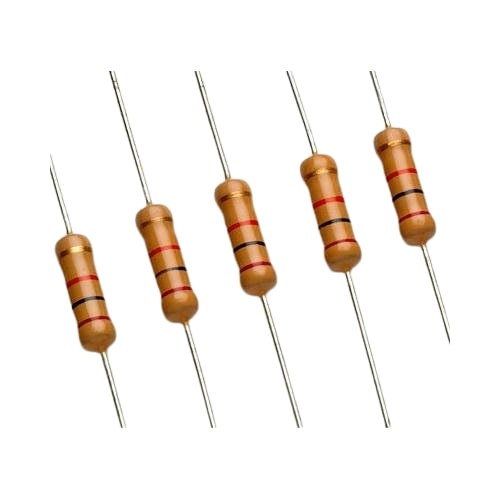011-49851163
8750500323
support@bluespaceinnovations.in

₹ 63.00 ₹ 70.00
₹ 297.50 ₹ 350.00
₹ 560.00 ₹ 700.00
Min: 10 pcs
(0 review)
Min: 10 pcs
(0 review)
Min: 10 pcs
(0 review)
Mail: support@bluespaceinnovations.in
Call on: 011-49851163
Whatsapp us 8750500323